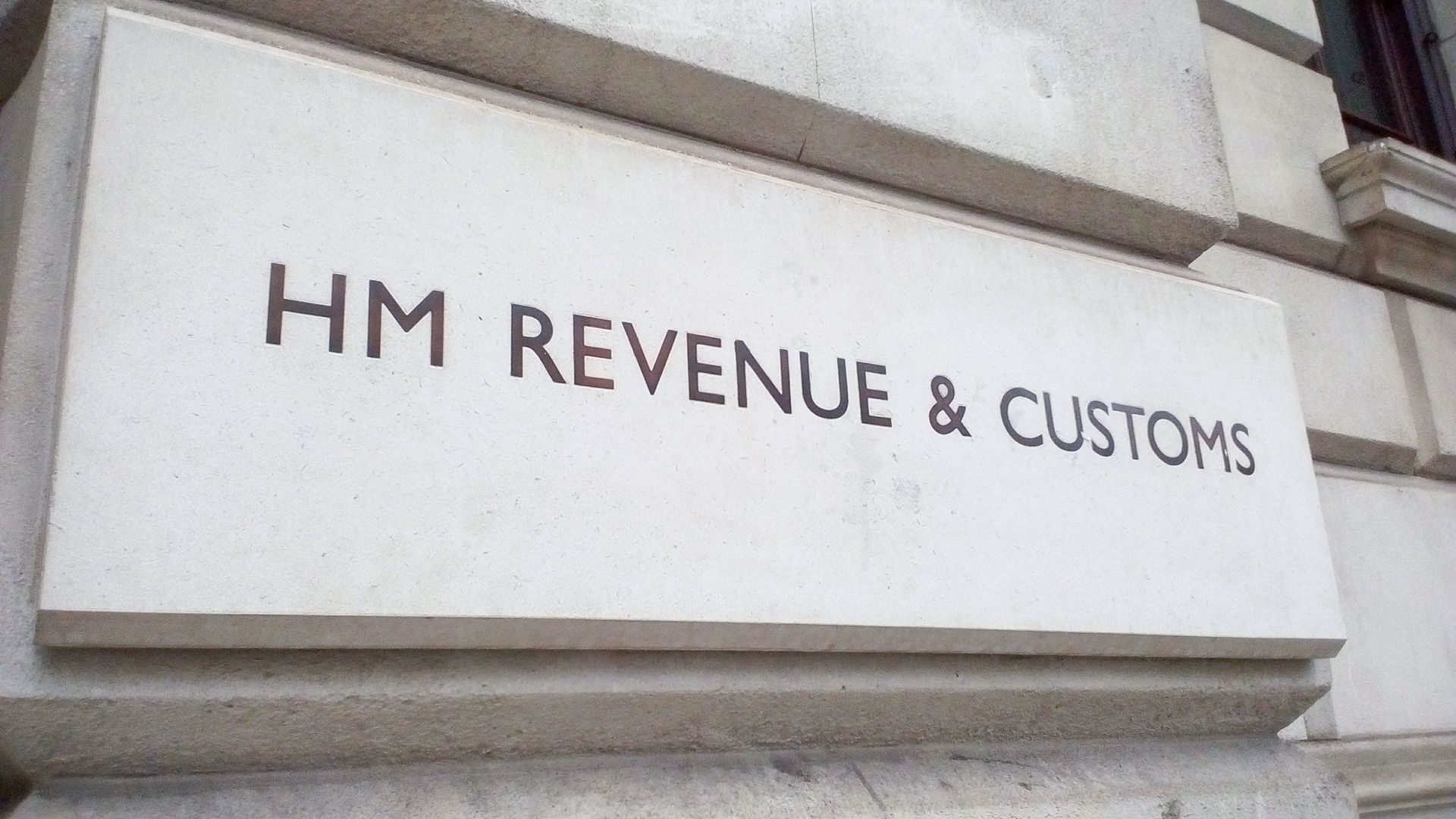Spring Statement 2022
Spring Statement 2022
23 March 2022
Rishi Sunak, Chancellor of the Exchequer, presented the Spring Statement 2022, on the 23rd March.
The ongoing energy crisis will see energy bills rocket by nearly £700, once Ofgem’s energy price cap increases by 54% from 1 April 2022, and paired with the ongoing fuel crisis that saw the price of petrol hit an all-time high this month, the cost of living for businesses and individuals alike is becoming increasingly burdensome.
Ahead of the Chancellor’s announcement, news also broke that inflation hit a 30-year high, with National Insurance Contributions (NIC) also set to rise from April 2022.
Sunak took to the podium to address the health of the UK economy and use the ‘mini-budget’ as a chance to clean up Covid-19 debts. As Government debt now stands at around 96% of GDP, from just over 80% of GDP pre-pandemic, Sunak’s plan signalled towards building the “security of more resilient public finances… [and] a faster growing economy”.
While we overcome the threat of Covid-19 on the UK economy, a new crisis awaits – the war in Ukraine. The Chancellor addressed the devastating war between Russia and Ukraine, and the domino effect this is having on the price of food and energy, pushing up the cost of living.
Here are the key measures announced in the Spring Statement that will affect businesses and individuals across the UK:
National Insurance Contributions rise (NIC) – National Insurance Contributions are set to rise by 1.25% from April 2022 and the earnings threshold has been raised to £12,570 to provide respite to low-income workers. Despite speculation that the hike may be delayed or scrapped, it is going ahead to raise money earmarked for the NHS and social care although the blow has been softened by the threshold change.
Fuel duty cut – Fuel duty, also known as fuel tax, will be cut by 5 pence to reduce the price of fuel per litre. This will come into effect from 6pm today until March 2023. Reducing the government levy on petrol and diesel will help bring down the cost of living for families and the cost of operating a business.
Business rates discount – A business rates discount is promised to come into effect in April 2022 for retail, hospitality, and leisure businesses. A typical pub will save around £5,000.
Income Tax threshold cut – The Chancellor promised to cut the basic rate threshold for income tax from 20p in the pound to 19p in the pound by 2024.
Employment Allowance – This will be increased to £5,000 from April 2022 for small businesses.
R&D Tax Credit reform – Research and Development (R&D) tax credits will be reformed, and R&D expenditure credit may be boosted, a decision he will make in autumn 2022.
Business investment rates cut – The Chancellor will cut rates on business investment this autumn 2022.
What else is in store?
Energy Bill Rebate – Households in council tax bands A to D will receive a £150 non-repayable Council Tax Rebate to offset rising energy bills.
Energy bill discounts – A £200 discount will also be applied to household electricity bills in autumn 2022, repayable over 5 years.
Income tax threshold freeze – The income tax personal allowance and the threshold for the higher rate will be frozen until 2026, as announced in the 2021 Spring Budget.
VAT cut on energy-efficient materials – 0% VAT on energy-saving materials, such as solar panels, to improve energy efficiency in homes.
If you or your clients have any concerns about the viability of their business, please do not hesitate to get in touch.













